How sustained disruptions to children’s safety have physical, behavioral, and mental health impact that follow them into adulthood.
At its heart, polyvagal theory describes how the brain’s unconscious sense of safety or danger impacts our emotions and behaviors. In this powerful book, pediatrician and neonatologist Marilyn R. Sanders and child psychiatrist George S. Thompson offer readers both a meditation on caregiving and a call to action for physicians, educators, and mental health providers. When children don’t have safe relationships, or emotional, medical, or physical traumas punctuate their lives, their ability to love, trust, and thrive is damaged. Children who have multiple relationship disruptions may have physical, behavioral, or mental health concerns that follow them into adulthood.
By attending to the lessons of polyvagal theory—that adult caregivers must be aware of children’s unconscious processing of sensory information—the authors show how professionals can play a critical role in establishing a sense of safety even in the face of dangerous, and sometimes incomprehensibly scary, situations.

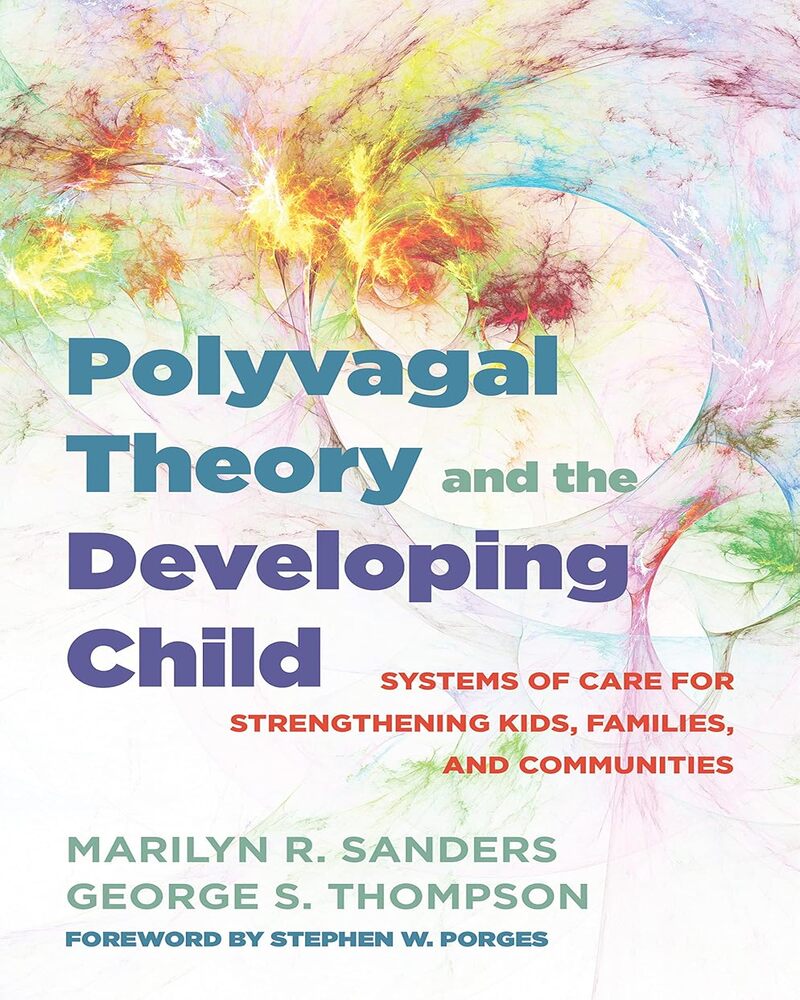
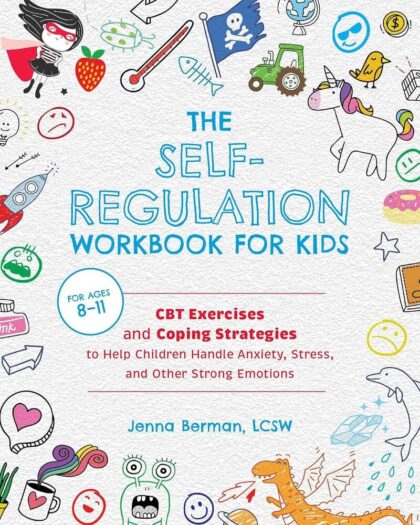
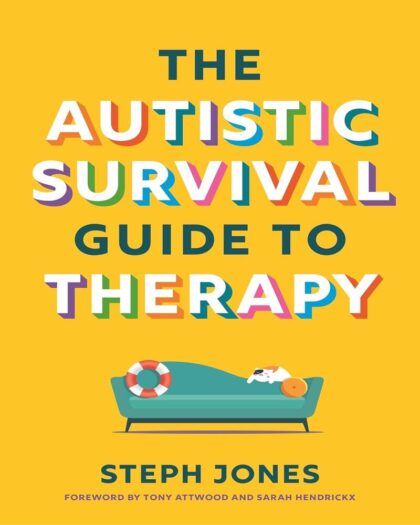
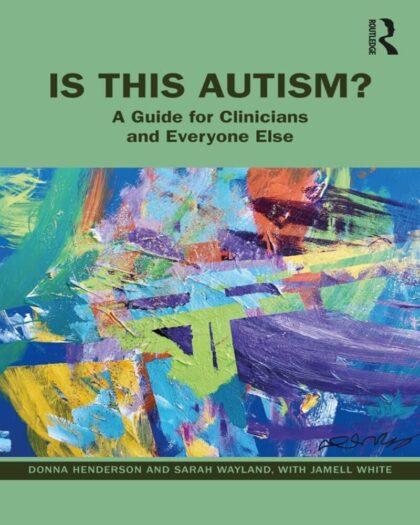
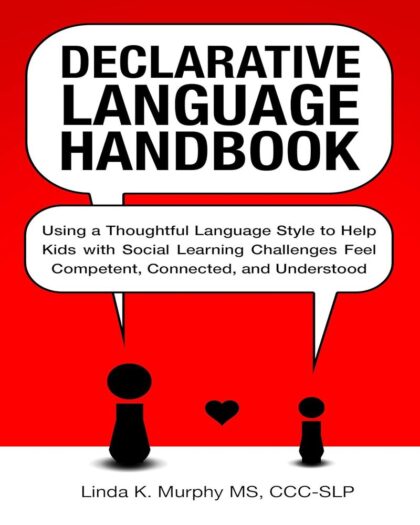
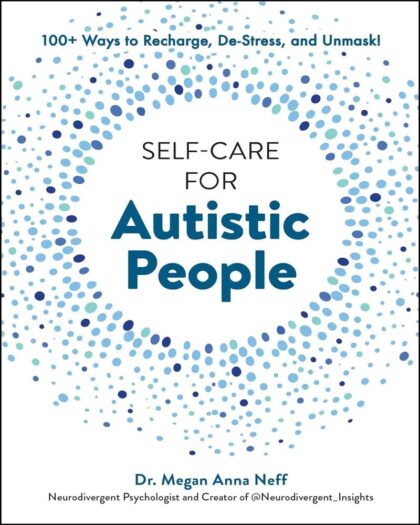
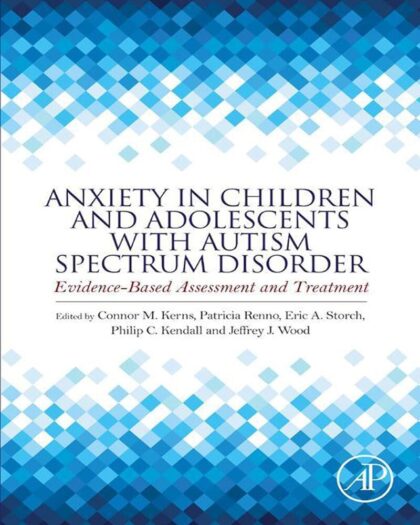
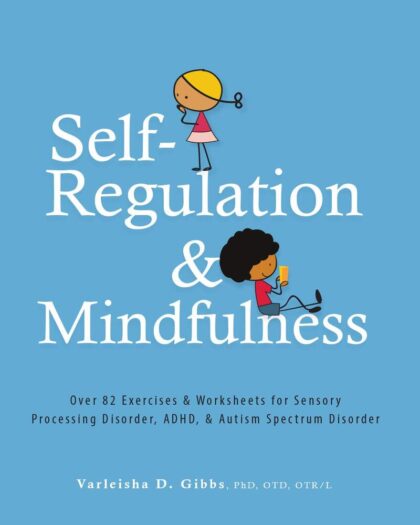
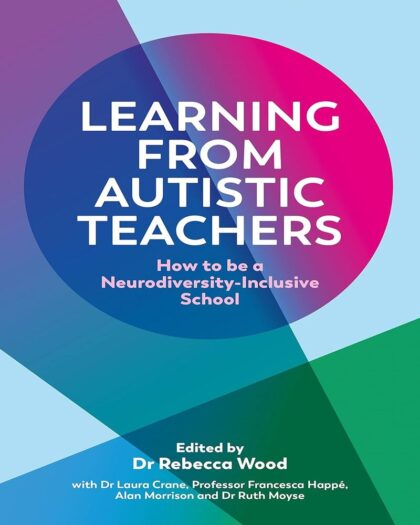
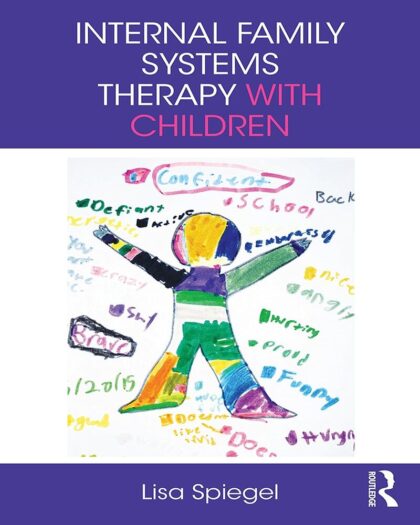
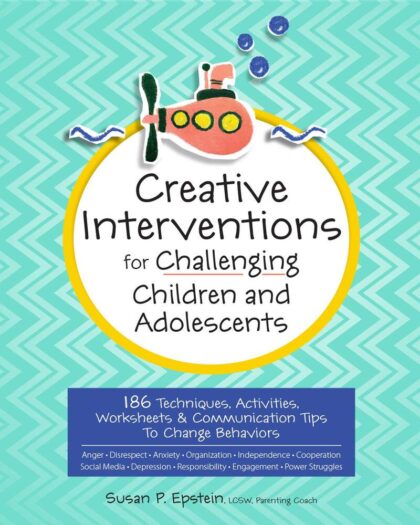
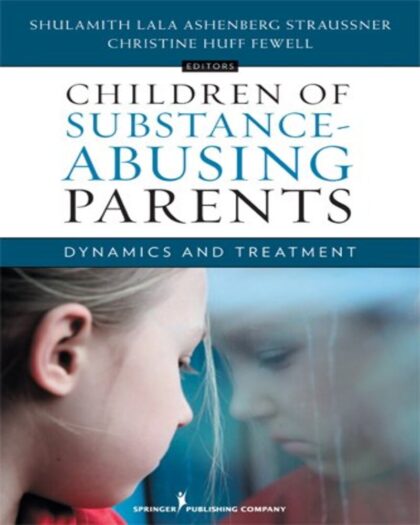
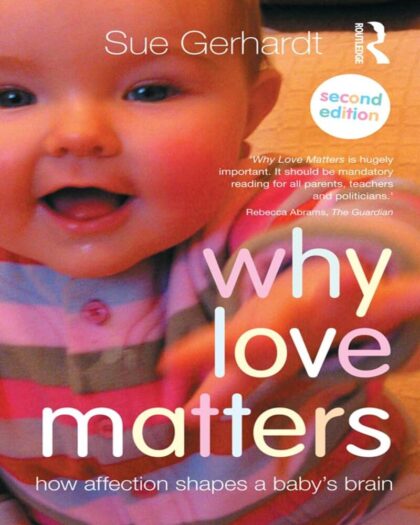
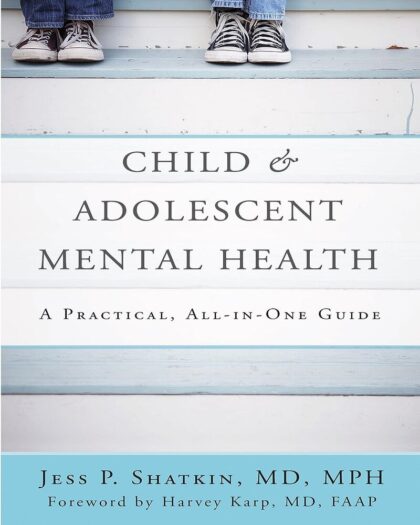
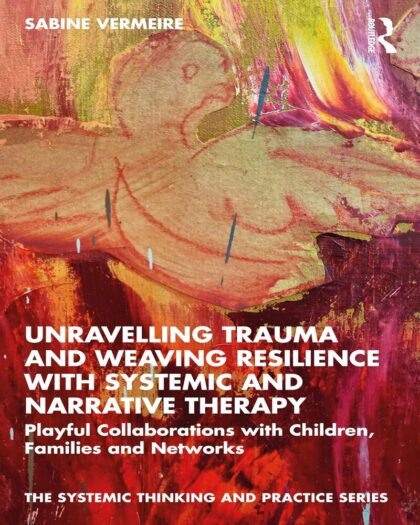
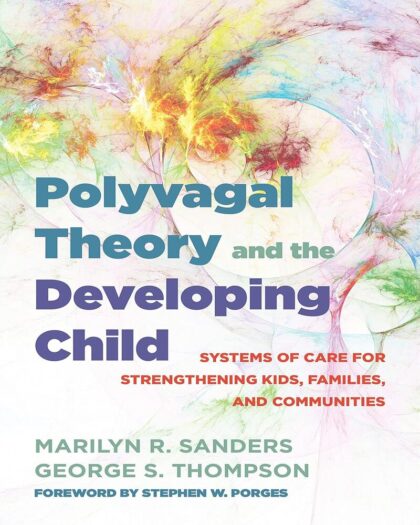
Reviews
There are no reviews yet.